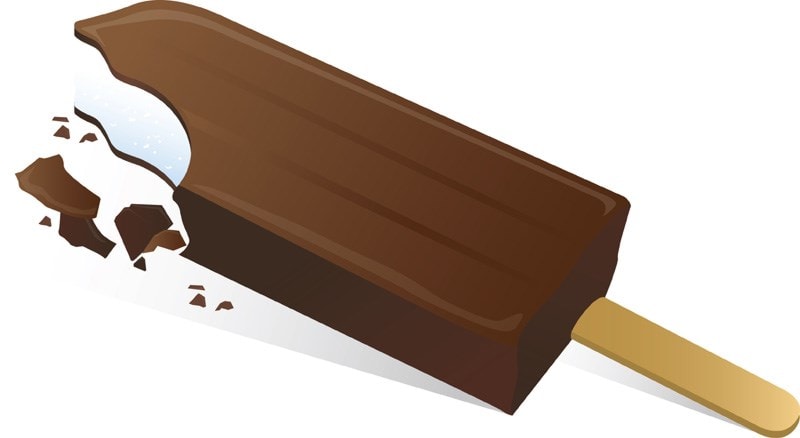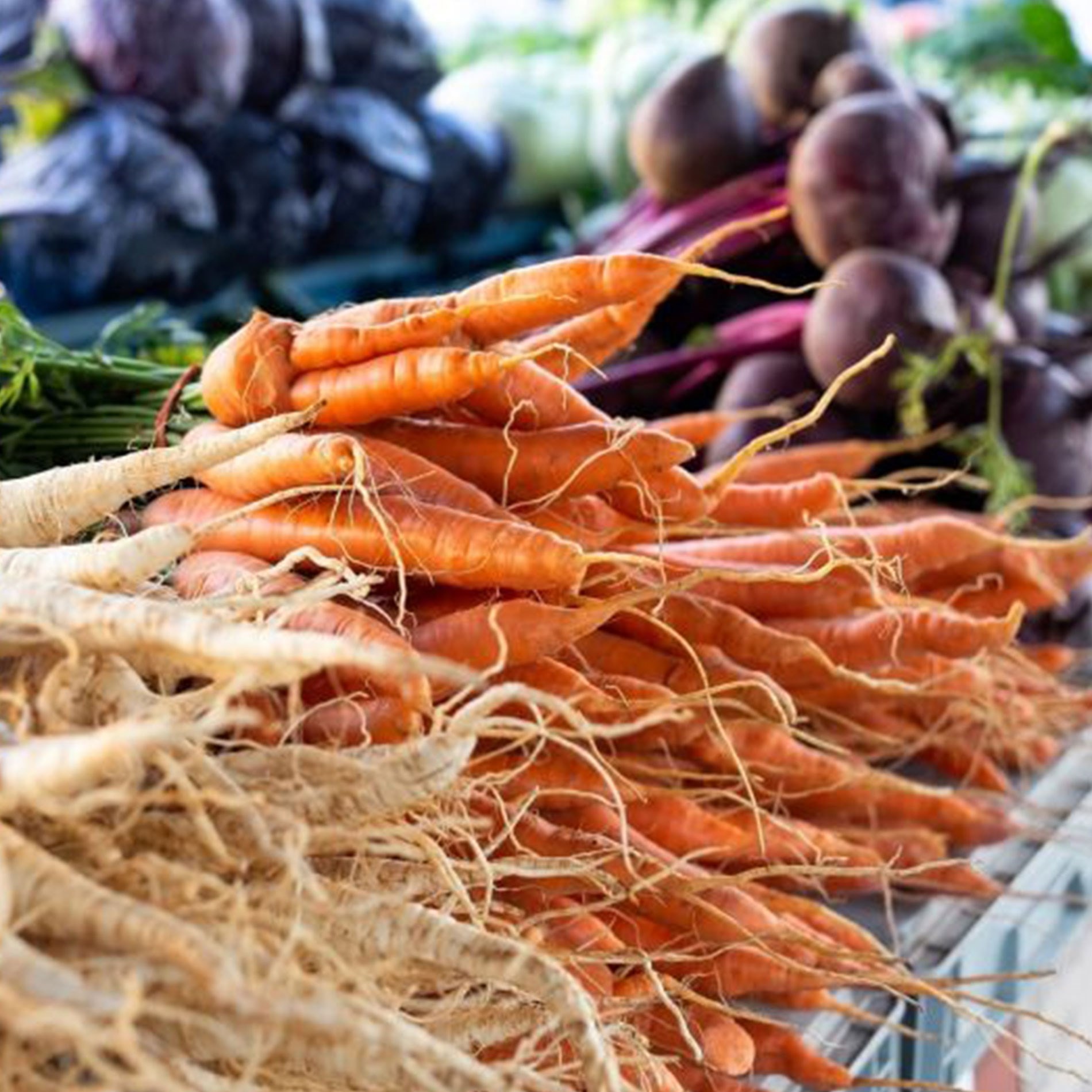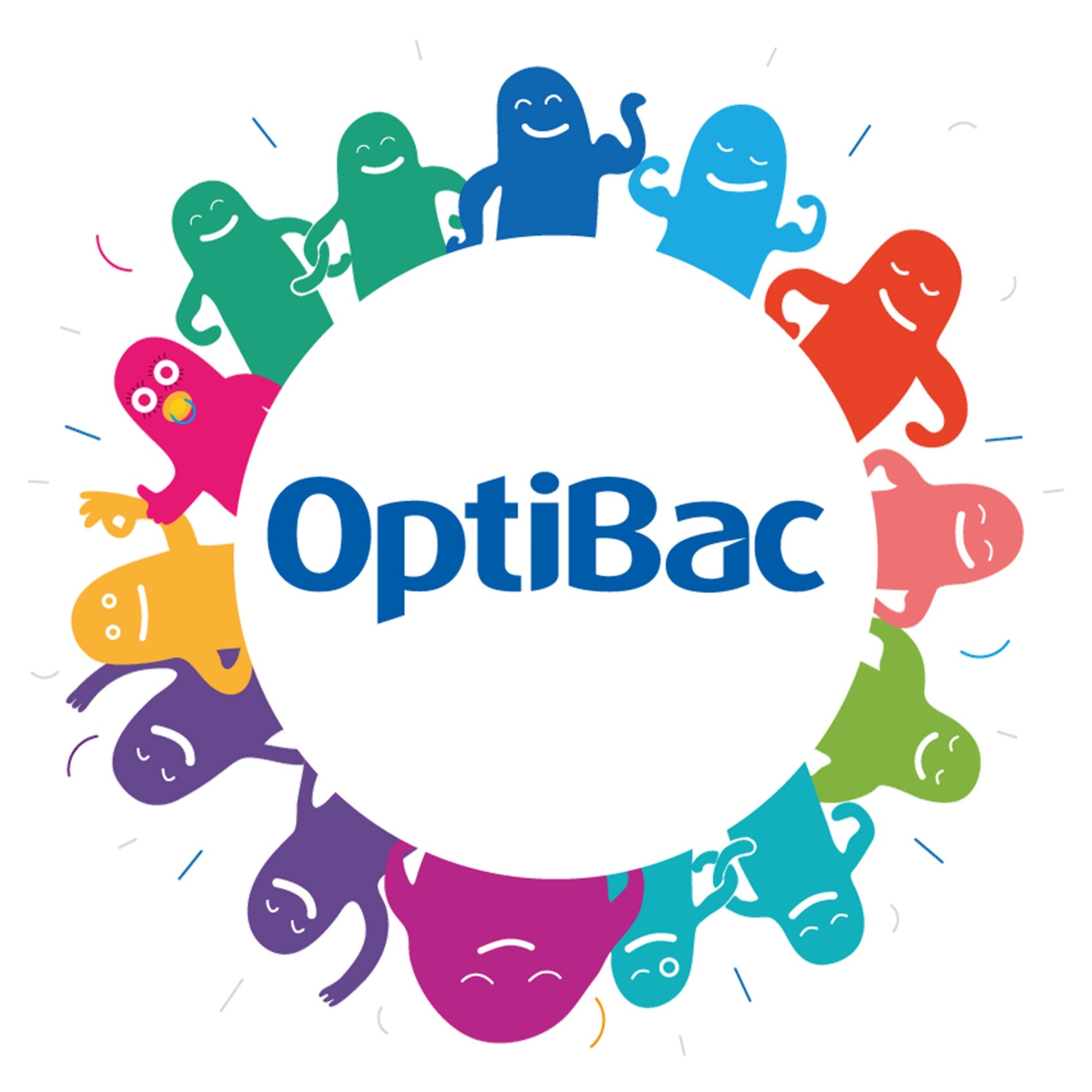- About Us
-
Help
Free 1:1 supplement advice
Not sure which supplement is right for you? Book a free, 15 minute telephone call with one of our nutritional experts.
Book your free consultationGet in touch (Mon to Fri, 9am - 5pm)
Customer Service: +44 (0) 1264 339 770
Order Enquiries: +44 (0) 1264 363 193
Contact us - Stockists
You are on the UK site
Hello US customer, you are currently shopping on the UK site. To ensure you are charged in the correct currency and receive accurate shipping costs, please switch to the US website and re-add your product to your basket.
You're away from FREE UK delivery Free UK delivery (applied at checkout) on orders over £10.00
You have qualified for Free UK delivery
Press & Awards
Bifidobacteria Choc-Ice for Sore Throat
Scientists at Pacific Dental College and Hospital in India have been looking into a rather unusual potential treatment for sore throats. A study group of thirty participants were given either a regular choc-ice or a choc-ice laced with Bifidobacteria every day for a total of eighteen days.

Probiotic choc-ice anyone?
The results, that were published in the journal ‘Oral Health preventive dentistry’, showed that saliva levels of the sore-throat causing bacteria Streptococcus were lower in those participants given the probiotic choc-ices, therefore reducing their chances of developing symptoms.
People may not instantly associate the throat (or pharynx) with the digestive tract, but given that it is a part of it, it makes sense that our throats, like the rest of our G.I tract, would be influenced by its microbiota. With that in mind, any measures that help to balance the levels of good to bad bacteria, would have a positive impact on the overall health of the area.
Perhaps more research is required to fully understand which species of bacteria naturally colonise the throat. According to scientific analaysis performed in the U.S [1], the most predominant phyla of bacteria found in the throat are: Firmicutes, Proteobacteria and Bacteroides, so there is a chance that strains from these phyla may have an even greater preventative effect than Bifidobacteria.
Remember that the beneficial effects of probiotics are always strain specific, so it is crucial to use the correct strain for the condition you are dealing with.
But other than that, what’s not to love about potentially being prescribed therapeutic choc-ices for a sore throat! Shhhh....I won’t mention the sugar, and its effects on the gut flora if you won’t!
Reference
1. American Society for Microbiology. "Bacteria in the nose and throat: Most comprehensive comparative analysis." ScienceDaily. ScienceDaily, 22 June 2010. <www.sciencedaily.com/releases/2010/06/100621173918.htm>.
Popular Articles
View all blogs-
Lifestyle08 Jul 2021
-
Suitability03 Apr 2025
.png?lang=en-GB)



